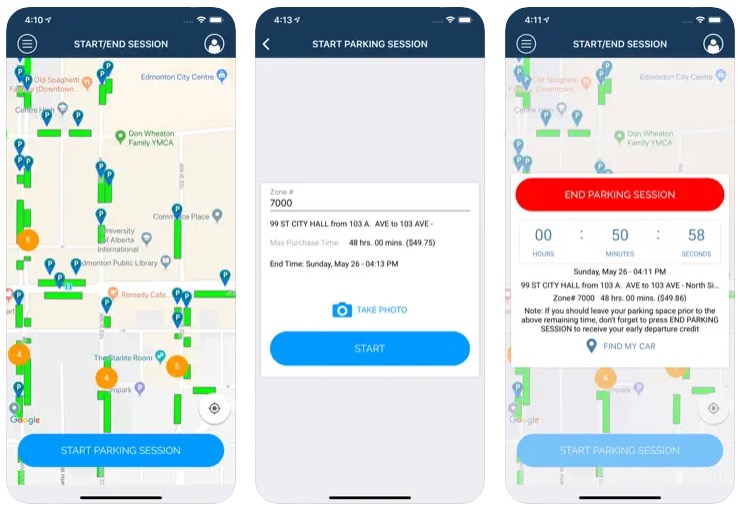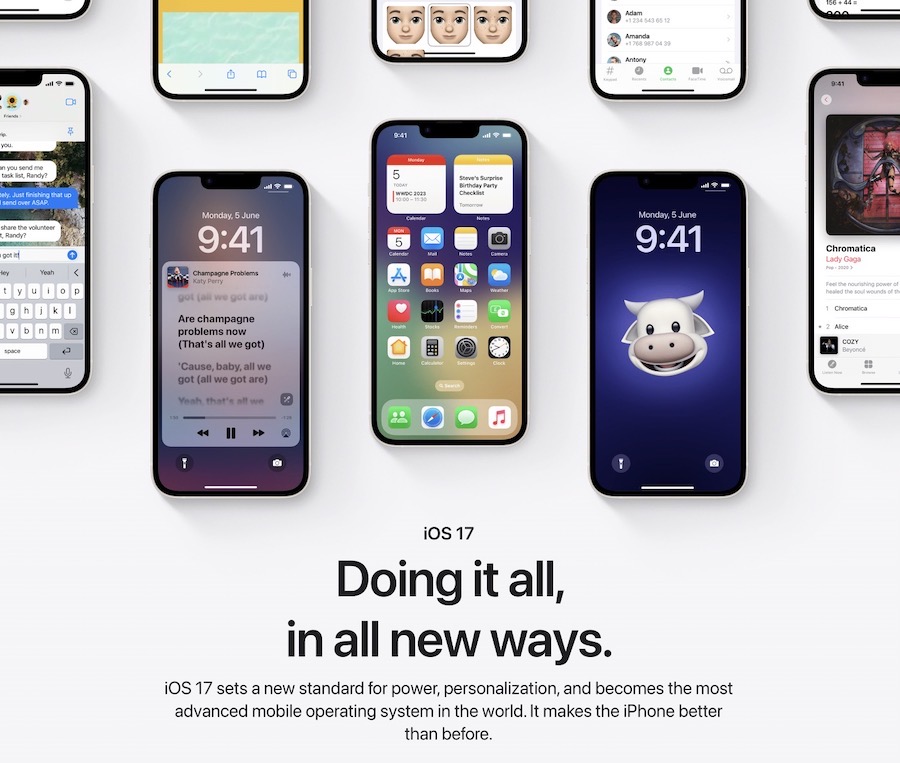
Canadian Wireless Prices Keep Dropping, Touts Industry Group

Canada ranks higher in internet use than the U.S., the U.K., France, Germany, Italy, and Japan, according to a study published by Pew Research Center in December 2022.
According to the study, 95% of adult Canadians reported using the internet on a computer or smartphone last year. In comparison, that figure was only 68% in a Pew survey from 2002.
“Canadian internet and smartphone users are also consuming more data than ever before while prices for such services have declined despite high overall inflation,” said the Canadian Wireless Telecommunications Association (CWTA), citing government data.
The CWTA went on to highlight that recent data from the Canadian Radio-television and Telecommunications Commission (CRTC) and Statistics Canada (StatCan) suggests that the average Canadian’s consumption of broadband and mobile data, along with the speeds offered by such services, have increased in recent years, while prices for both broadband and mobile wireless have declined.
StatCan’s Cellular Services Price Index, which keeps track of average mobile wireless plan pricing, has dipped 32% from December 2018 to December 2022. During the same period, the national statistics agency’s All-Items Consumer Price Index has gone up 15%.
For residential broadband internet services, StatCan’s Internet Access Services Price Index has declined by 1% from December 2015 to December 2022, while its All-Items Consumer Price Index has shot up 21% in the same period.
Data from the CRTC indicates that the average residential internet subscriber in Canada downloaded nearly 324% more data in 2022 than in 2015, and download speeds rose from 28.5 Mbps in 2015 to 258.8 Mbps in 2021.
Meanwhile, Canadian mobile wireless subscribers’ average monthly data usage grew to 6.07 GB in Q3 2022, nearly three times as much as in 2018. Mobile internet also got faster, with download speeds almost tripling from 46.31 Mbps in 2018 to 125.34 Mbps in 2022.
“What these reports show is that Canada is among the world leaders in the adoption and use of the internet and smartphones,” said Robert Ghiz, President and CEO of the Canadian Wireless Telecommunications Association (CWTA).
“And while the consumption and performance of connectivity services continues to grow, prices are trending downward, while most everything else that is critical to Canadians is getting more expensive. These positive outcomes, together with the billions being invested each year by network operators to expand and enhance Canada’s digital infrastructure, are strong evidence of the benefits of facilities-based competition and the need for a stable regulatory environment that will allow these positive trends to continue.”
On the flip side, Canada is regularly ranked among the most expensive countries for mobile data by institutions like Rewheel, a Finnish telecom research firm. A CBC Marketplace investigation recently ventured to examine why Canadians’ cellphone bills are as high as they are.
You can check out Pew Research Center’s full study here.

